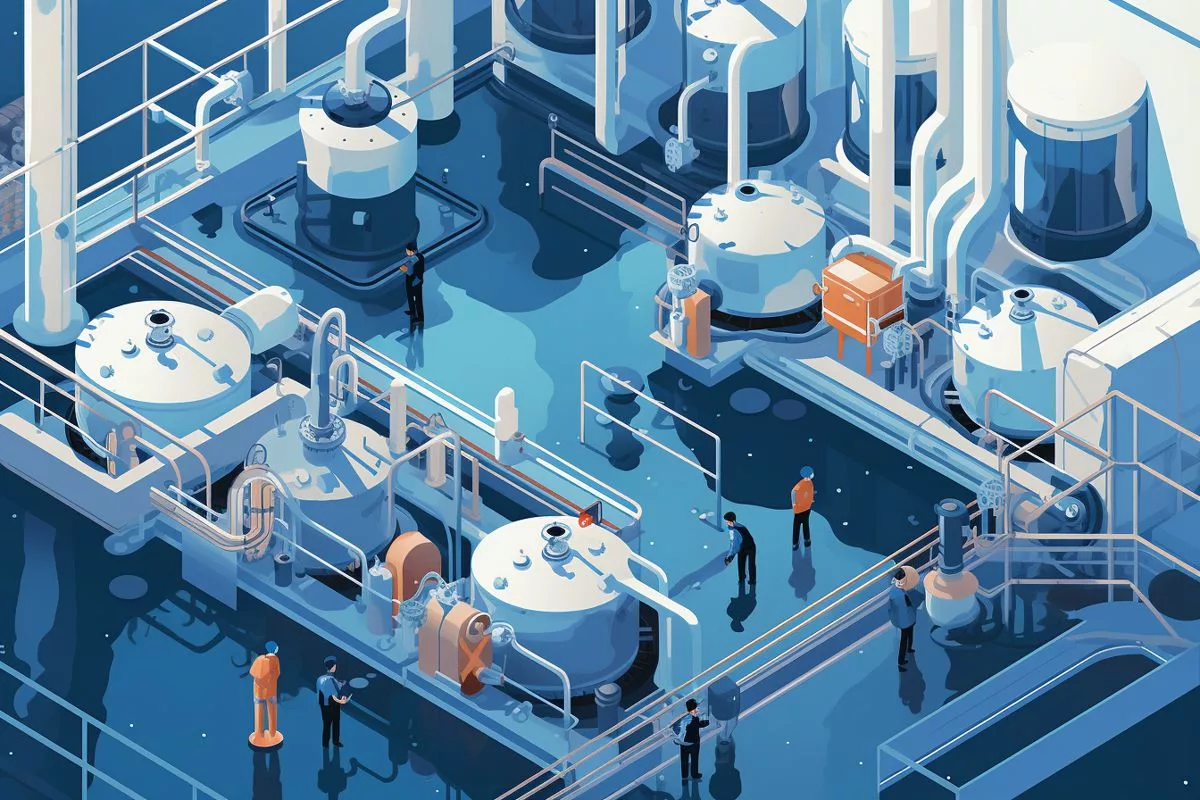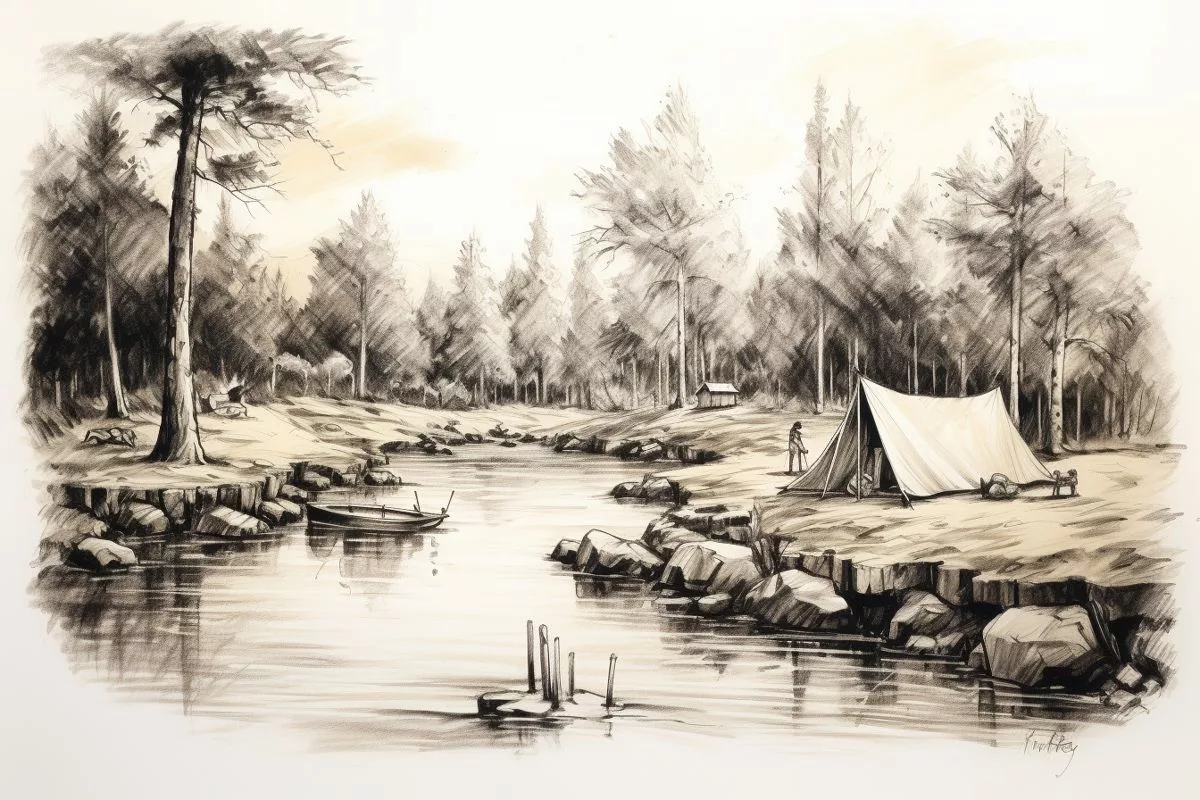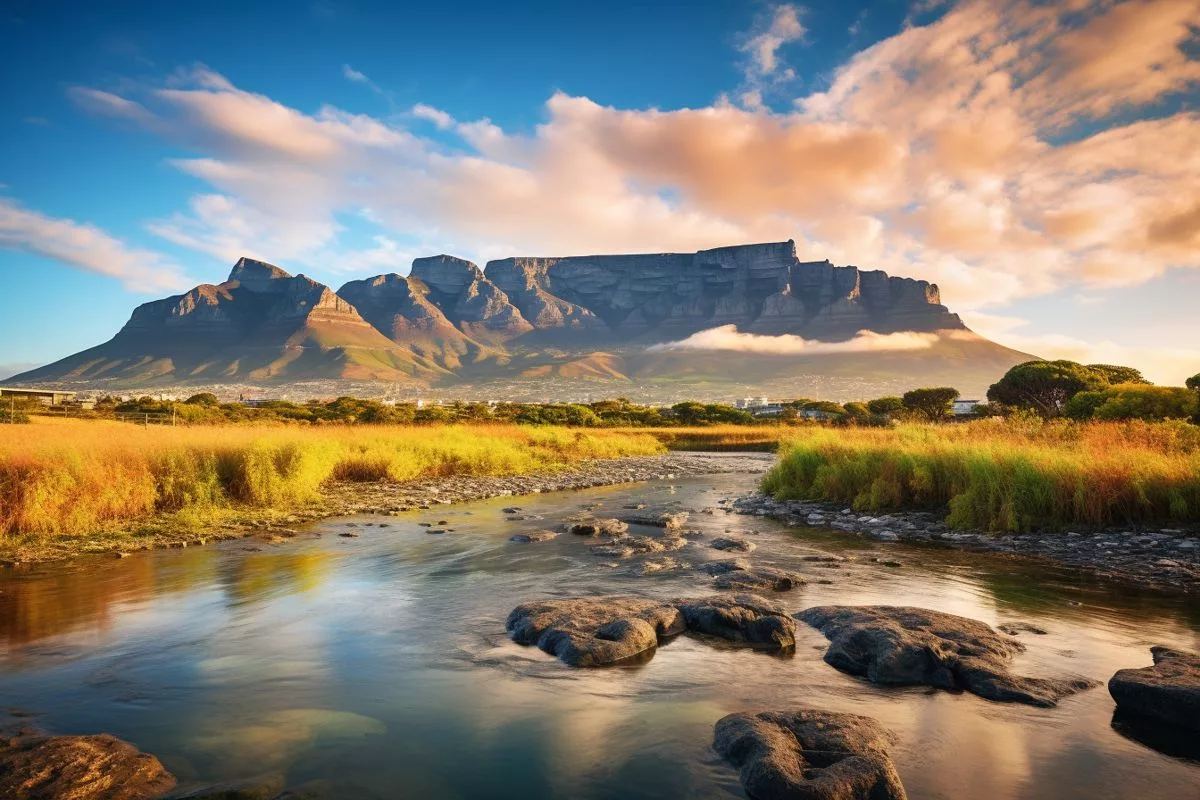A Renewed Commitment for Better Life
South Africa’s Deputy Minister of Water and Sanitation, David Mahlobo, has fervently advocated for a reinvigorated dedication from every echelon of the government to fast-track service delivery to local communities. His passionate appeal is an invocation to actualize the aspirations of the architects of the country’s democracy, which is a superior life for every citizen. He expressed these sentiments during the District Development Model (DDM) Social Compact Imbizo at the Phuthadithjaba Multi-Purpose Centre in Thabo Mofutsanyana District on November 10th, 2023.
Esteemed individuals such as DDM Champion Ms. Nomasonto Motaung, Thabo Mofutsanyana District Executive Mayor Cllr Connie Msibi, and Ms. Pinky Kekana were also present. These leaders represented various strata of government, ranging from provincial to local levels in the Free State. The Free State Premier, Mr. Mxolisi Dukwana, was also among the influential attendees.
The Road Ahead for Water Services
In his address, Deputy Minister Mahlobo brought attention to the revelations of the South African National Census, which underscored the burgeoning national population. He asserted that this demographic boom compels an escalation of efforts to cater to the growing needs of local communities. According to him, “Statistics South Africa confirms that we have supplied water to over 90% of the population. Although we have made considerable progress, we recognize the need to extend our services to those yet to be reached since it is our duty and their constitutional right to access water.”
Mahlobo proposed that the Department of Water and Sanitation should tackle the challenge by aiding municipalities in building new infrastructure and refurbishing and enhancing the existing ones to meet the water demand. Such initiatives would also aim to minimize water losses due to deteriorating infrastructure. The Department’s Regional Bulk Infrastructure Grant (RBIG) and Water Services Infrastructure Grant (WSIG) programs serve as funding streams for these water infrastructure projects.
Investments in Water Infrastructure
He revealed, “We have allocated R176 million in the 2022/2023 fiscal year and R154 million in this fiscal year for water projects through our RBIG program to address water issues in Maluti-A-Phofung.” He further disclosed that a provision of R127 million from 2022/2023 through 2024/2025 has been made under the WSIG program for drilling boreholes in Intabazwe and upgrading Mokgolokweng’s sewer pump stations, bulk, and sewer networks.
In an unprecedented achievement, the communities of Maluti-A-Phofung have received water from Sterkfontein Dam for the first time. The communities are also set to benefit from the Lesotho Highlands Water Project once it is finalized.
Mahlobo also touched on several ongoing initiatives in the Maluti-A-Phofung area, including the upgrading and refurbishment of water treatment facilities, drilling boreholes in Intabazwe, and measures to enhance water revenue while curbing non-revenue water.
Towards Socio-Economic Development
In the Thabo Mofutsanyana District, financial allocations have been made this fiscal year for infrastructure development in municipalities like Setsoto (R100 million), Nketoana (R83 million), and Dihlabeng (R60 million).
The imbizo also explored developing a Social Compact through the DDM Approach and strategies for its implementation to enhance service delivery in communities. The progress of Thabo Mofutsanyane District’s Social Compact, partnerships, and strategies to fortify them were reviewed. A significant area of focus was the water and sanitation services in the region as catalysts for socio-economic development.
This gathering is indicative of the commitment by the South African government, led by figures such as Deputy Minister Mahlobo, to systematically and sustainably address critical issues like water supply and sanitation. Through their collective efforts, strategic funding allocation, and innovative projects, their mission to fulfill the basic human right to clean and sufficient water for all South Africans remains evident.








